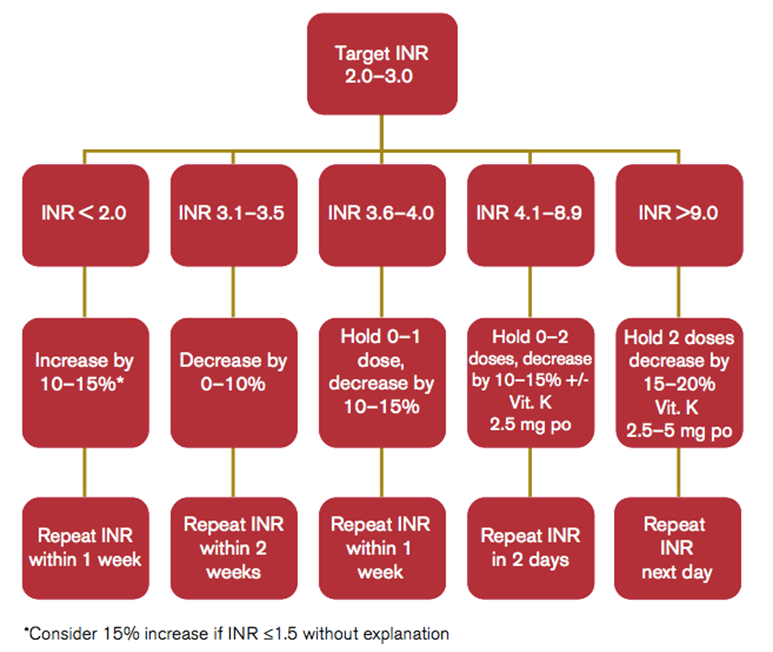
Liver disease, kidney disease (or if you are on dialysis)

To make sure warfarin is safe for you, tell your doctor if you have ever had: High blood pressure or serious heart disease Warfarin can make you bleed more easily, especially if you have ever had: Tell your doctor right away if you become pregnant. If you are not pregnant, use effective birth control to prevent pregnancy while taking warfarin and for at least 1 month after your last dose. Warfarin can cause birth defects, but preventing blood clots may outweigh any risks to the baby. Ulcers or bleeding in your stomach, intestines, lungs, or urinary tract Īn infection of the lining of your heart.ĭo not take warfarin if you are pregnant, unless your doctor tells you to. You also should not take this medicine if you are prone to bleeding because of a medical condition, such as:Ī blood cell disorder (such as low red blood cells or low platelets) You cannot take warfarin on time every day. You undergo a spinal tap or spinal anesthesia (epidural) or You recently had or will have surgery on your brain, spine, or eye You should not take warfarin if you are allergic to it, or if: Related/similar drugs amlodipine, lisinopril, aspirin, metoprolol, furosemide, carvedilol, Eliquis Before taking this medicine Some foods can make warfarin less effective. Tell your doctor about all medicines you have recently used.Īvoid making any changes in your diet without first talking to your doctor. Many other drugs can increase your risk of bleeding when used with warfarin. Seek emergency help if you have any bleeding that will not stop.Ĭall your doctor at once if you have other signs of bleeding such as: swelling, pain, feeling very weak or dizzy, unusual bruising, bleeding gums, nosebleeds, heavy menstrual periods or abnormal vaginal bleeding, blood in your urine, bloody or tarry stools, coughing up blood or vomit that looks like coffee grounds. Warfarin increases your risk of severe or fatal bleeding, especially if you have certain medical conditions, if you are 65 or older, or if you have had a stroke, or bleeding in your stomach or intestines. Do not take warfarin if you cannot take it on time every day.

You should not take warfarin if you are prone to bleeding because of a medical condition, if you have an upcoming surgery, or if you need a spinal tap or epidural.

Warfarin may also be used for purposes not listed in this medication guide. Warfarin is used to treat or prevent blood clots in veins or arteries, which can reduce the risk of stroke, heart attack, or other serious conditions. Warfarin reduces the formation of blood clots. Warfarin is an anticoagulant (blood thinner).


 0 kommentar(er)
0 kommentar(er)
